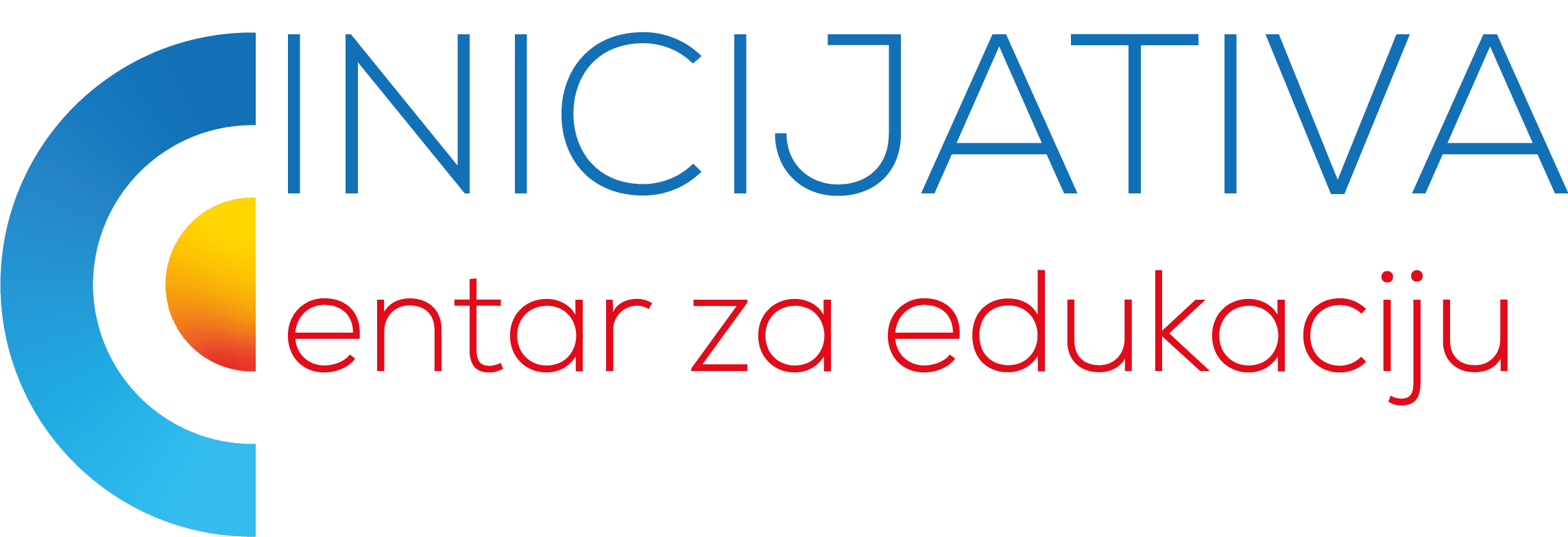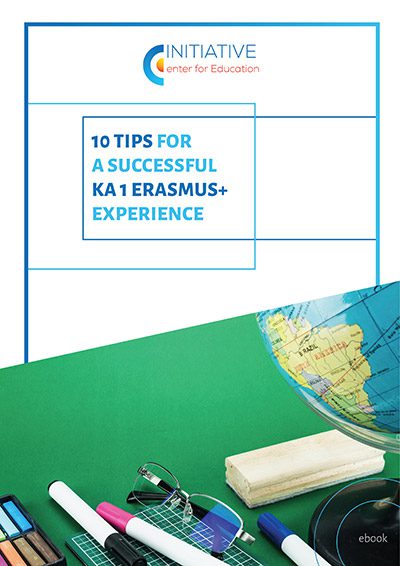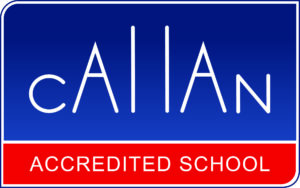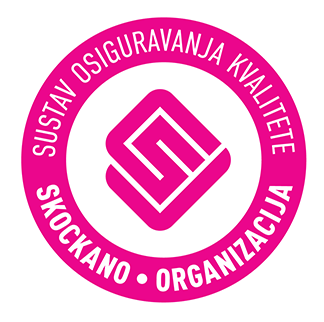The Power of Storytelling in Education
The course will encourage participants to use tools that help students to discover their own identities within the clasroom, and encourage personal and educational growth with the storytelling.
These courses can also be funded through the Erasmus+ program. For more
information, please contact your National Agency.
Course overview
Storytelling is the social and cultural activity of sharing stories, sometimes with improvisation, theatrics or embellishment. Every culture has its own stories or narratives, which are shared as a means of entertainment, education, cultural preservation or instilling moral values.
Storytelling is an art form, which allows us to present the our cultural heritage to our children, friends, family and acquaintances.
We all grew up with storytelling in one way or another, whether it was one-on-one, in person, reading books or watching movies or listening to music. Through these stories, we found and created our identities and had the opportunity to find comfort in them.
Stories have always been told and retold and thus shape society and mythologies around our identities.
If you ask me what is the shortest distance between two people, I would tell you it's
a story. The shortest way to build a relationship between two people is a story.
In this course we will discover the structure of a successful story, and how to engage your students in more interactive and creative learning.
We will teach you how to build a strong team for developing good stories and creating fundamental bound with your students.
Then we will explore three pillars of a good story.
After explaining and practising the theory, the participants will learn how to trigger, create and tell a good story.
Available dates:
Location: ZAGREB, Croatia
02.06. – 07.06.2025
22.09. – 27.09.2025
16.12. – 21.12.2025
Participants to the course will learn to:
Daily Program
Day 1 – Course introduction & setting goals
- Introduction to the course, the school, and the external week activities;
- Icebreaker activities for trust and group building;
- Identification of needs and goals for each participant;
- Presentations of participants, their schools and the trainer;
- Introduction to Storytelling.
Day 2 – Storytelling
- Storytelling models, from myth to classics to the contemporary age;
- Storytelling games to inspire creativity and quickly generate stories;
- Creating a strong team and safe enviorment
Day 3 – The Hero's Journey
- The Hero’s Journey by Joseph Campbell, introduction to the model and application;
- Practice – write and share a Hero’s Journey.
- Three pillars of creating a good story
Day 4 – Writing your own story
- Creating a Tree of Life
- The Association Web
- Writing your own story
Day 5 – Evaluation and sharing stories
Practical session on oral storytelling: sharing stories in group;
Where to find extra resources.
Day 6 – Course closure and cultural activities
Course evaluation: round-up of acquired competencies, feedback, and discussion;
Awarding of the course Certificate of Attendance;
Excursion and other external cultural activities.
Who is it for?
This Erasmus Plus training course is suitable for teachers, trainers and educators who want to build trust, and allow the students to enter the story where they are, making them more open to learning.
Language proficiency
This Erasmus Plus training course is best suited for those with at least a A2 level. All of the materials will be presented in English.
Methodology
With the aim to involve active participation and achieve the best learning experience, the course methodology is based on dynamic, innovative and creative methods of experiential learning.
It consists of:
Theoretical work - If you do not know what you are talking about, you will not be able to apply it. Nowadays, more and more emphasis is put on practical learning, yet theory is a necessity. You have to know the background of a subject to be able to pinpoint its challenges.
Practical work - Through practical workshops and interactive tasks you will gain personal experience that will help you understand and implement ideas in your own work.
Coaching - Each participant in the course will get the opportunity to receive direct feedback from our coaches. These individual consultations will result in being able to better position your skills in your respected organisation.
Each program starts on Monday morning and finishes on Friday evening with Sathurday being optional for enjoing cultural activities. Throughout the course, besides training, we will promote professional networking through a variety of social and cultural activities.
Find out more about Erasmus Plus, our organisation and trainers, fees and payment options. | view page |
Discover, Learn But Most Of All Enjoy!
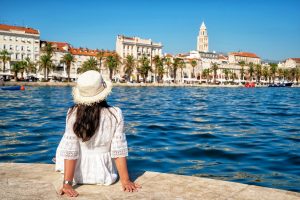
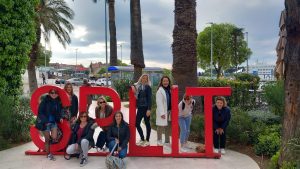
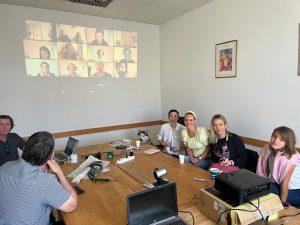

COURSE PARTICIPATION FEE: 480,00 EUR
Get ready for your Erasmus+ experience!
This eBook will help you navigate the first steps toward successful Erasmus+ application and experience.
By signing up you agree to our terms
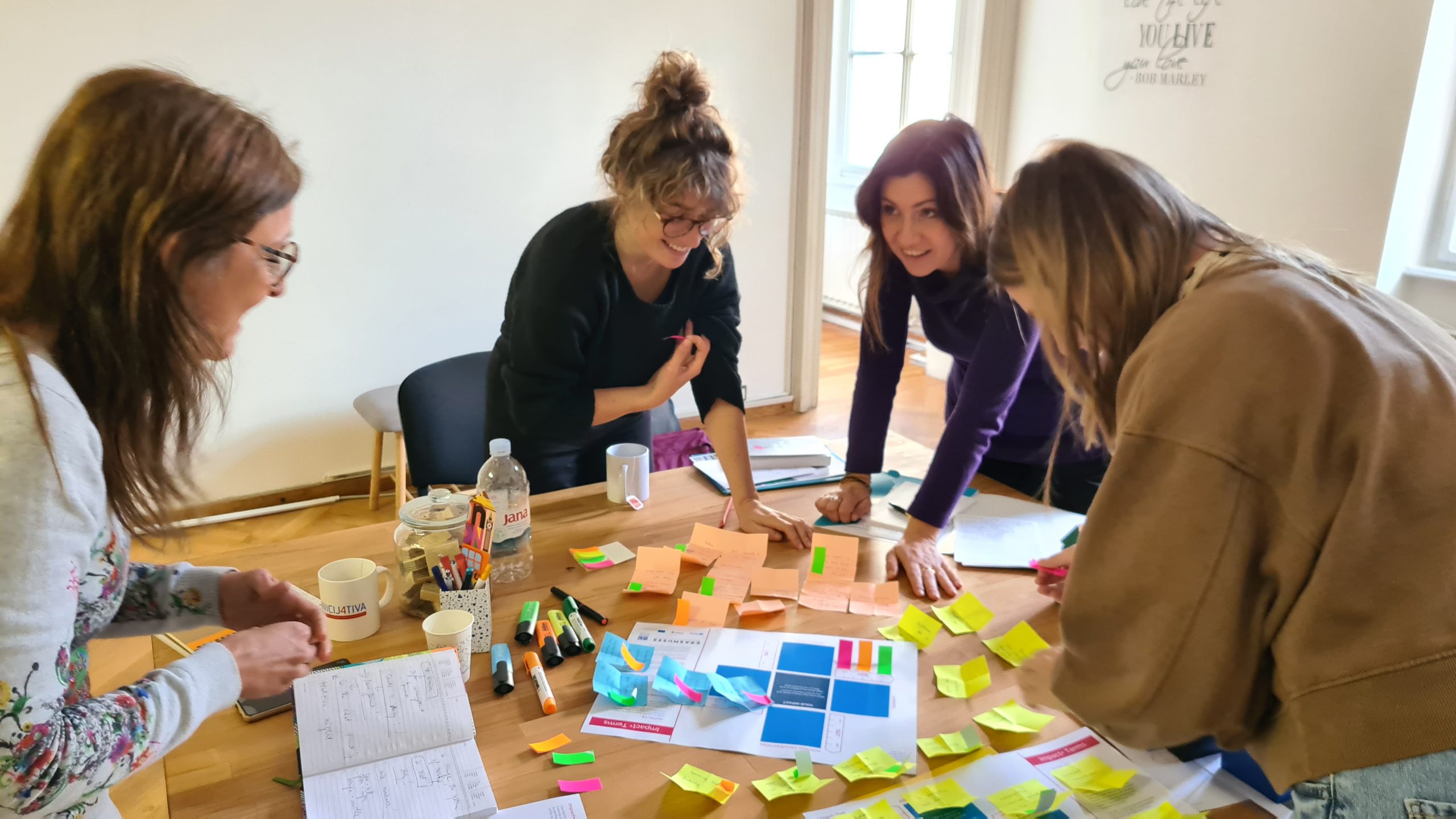
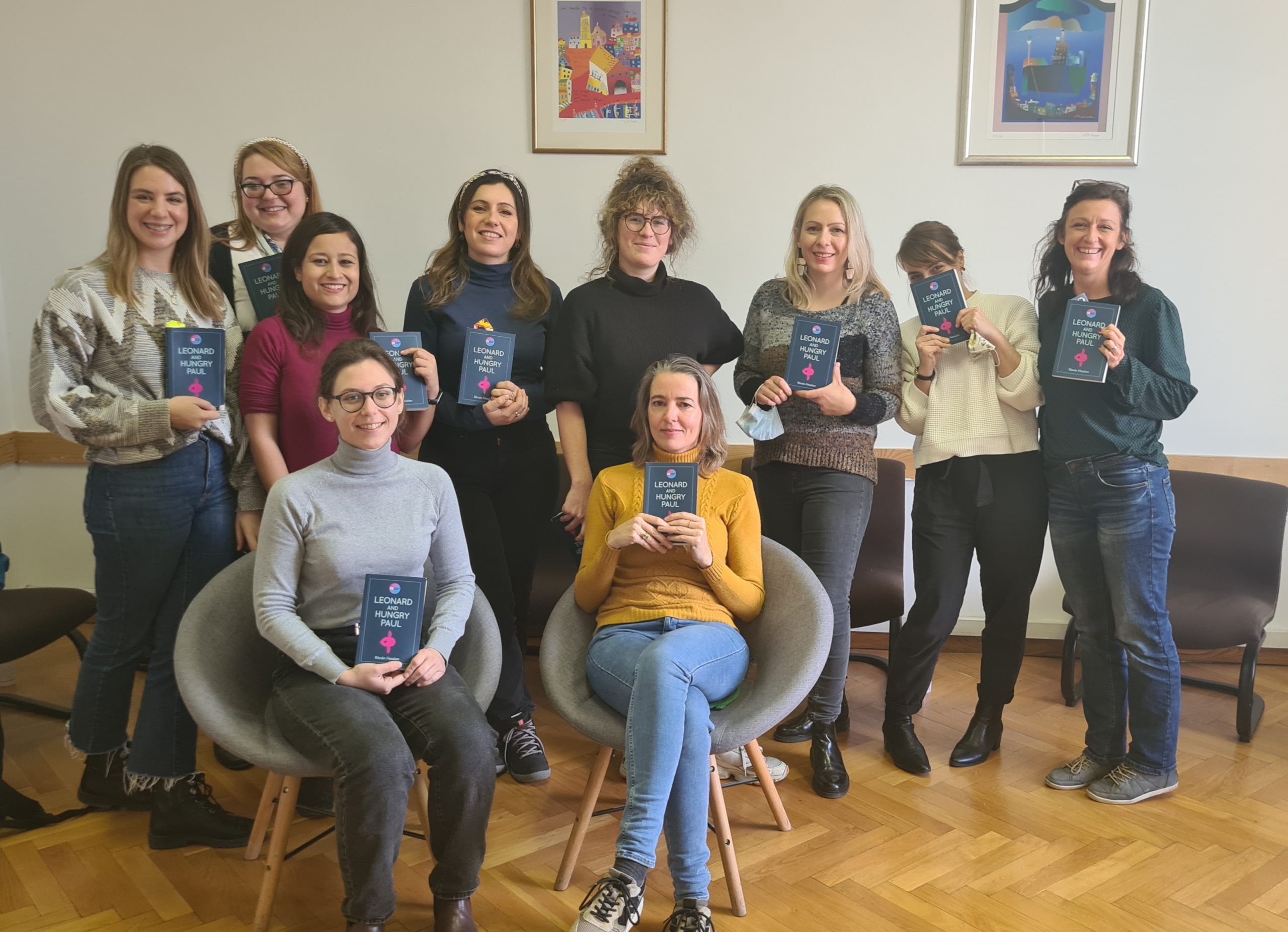
Subscribe to our newsletter to receive news about our courses and the latest news!
By signing up, you accept our Terms of Use
